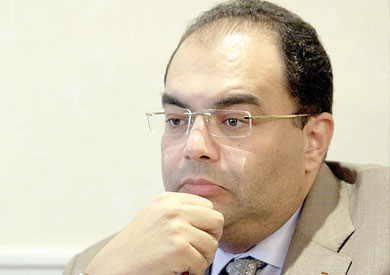The global economic landscape is shaped not only by trade wars but also by restrictions on investment flows, barriers to human mobility, and limitations on technological cooperation. Calls to reassess the dominance of the US dollar, described by former French Minister Giscard d’Estaing as an “exorbitant privilege,” have persisted since the collapse of the Bretton Woods system in 1971. Despite these discussions, the dollar remains central to global finance, influencing currency valuations and exchange rates worldwide. \n\nHarvard economist Kenneth Rogoff highlights that no currency retains international dominance indefinitely. The dollar’s status as a reserve currency depends on factors like stability, adherence to the rule of law, and the depth of its financial markets. However, rising fiscal deficits, inflation, and geopolitical tensions pose risks to its supremacy. Historically, US economic policies have had ripple effects globally, from the inflation of the 1970s to the 2008 financial crisis, underscoring the interconnectedness of economies. \n\nWhile external challenges exist, the real threats to the dollar stem from internal issues such as mounting debt and potential threats to the independence of the Federal Reserve. Rogoff warns that sudden shifts in the global monetary system are not only possible but inevitable, urging vigilance in addressing these vulnerabilities. \n— new from بوابة الشروق
